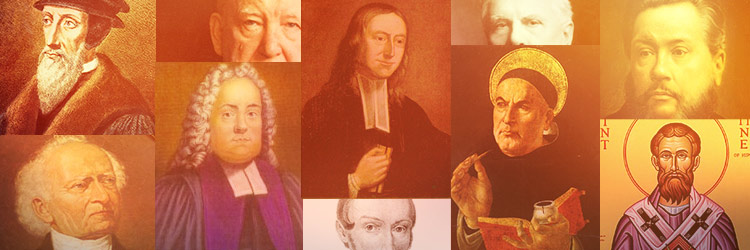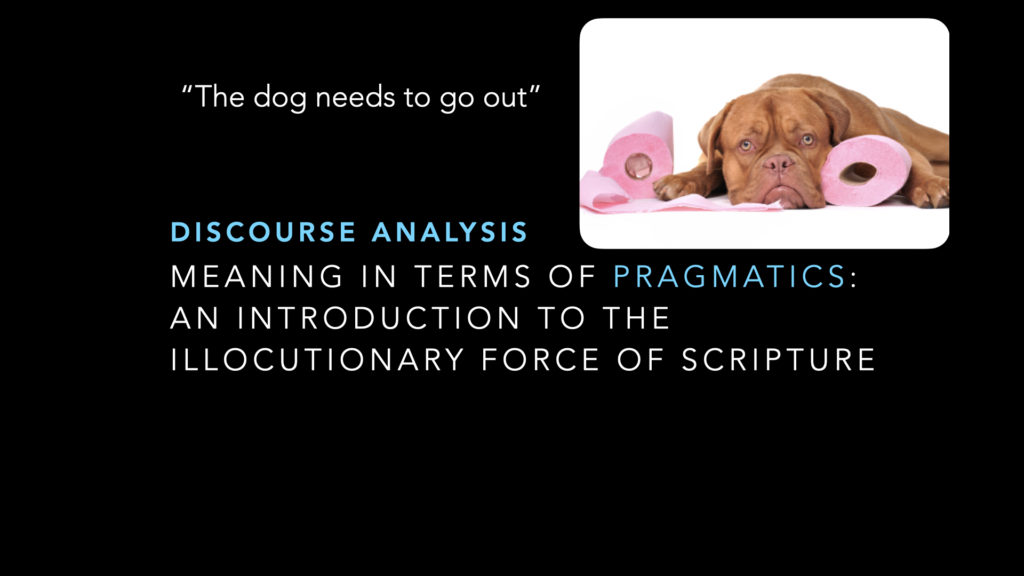
and Add Depth to Your Preaching
Every so often these blog posts dip back into the early preaching of Jonathan Edwards. My purpose for reading Edwards is twofold:
(1) Rarely do I get to have someone preach to me and I benefit from hearing God’s Word from the outside.
(2) Rarely am I disappointed by the depth of Edwards’s theological thinking that always lands at detailed application.
Today’s insights come from Edwards’s sermon, The Nakedness of God, from Job 1:21.
In the introduction to the sermon, Kimnach writes,
“…an even more urgent matter for him here and in later sermons is the…issue of human reality….the problem for men is not one of coming to terms with truth, but rather with reality” (p. 400).
In the sermon Edwards states,
“All the world knows the truth of this doctrine perfectly well [that when a person dies they lose all earthly treasures], but though they know, yet it don’t seem at all real to them; for certainly, if it seemed a real thing to them that, in a little time, they must certainly have no more to do with the world, they would act wholly otherwise than they do [emphasis added]” (p. 406).
The difference is subtle–the difference between talking truth and talking reality. But I find that it is a helpful distinction. My experience is that listeners have to think differently about accepting truth versus accepting reality.
Tomorrow as you begin praying and prepping for preaching, remember Edwards’s observation: your listeners probably believe the doctrine is true. Challenge them with respect to whether they think God’s Word is real. And, of course, we work hard all week with God’s help to develop a sermon that urges them to act as if they believe God’s Word to be real.
And may our Lord continue to receive glory in the church and in Christ Jesus (Ephesians 3:21).











